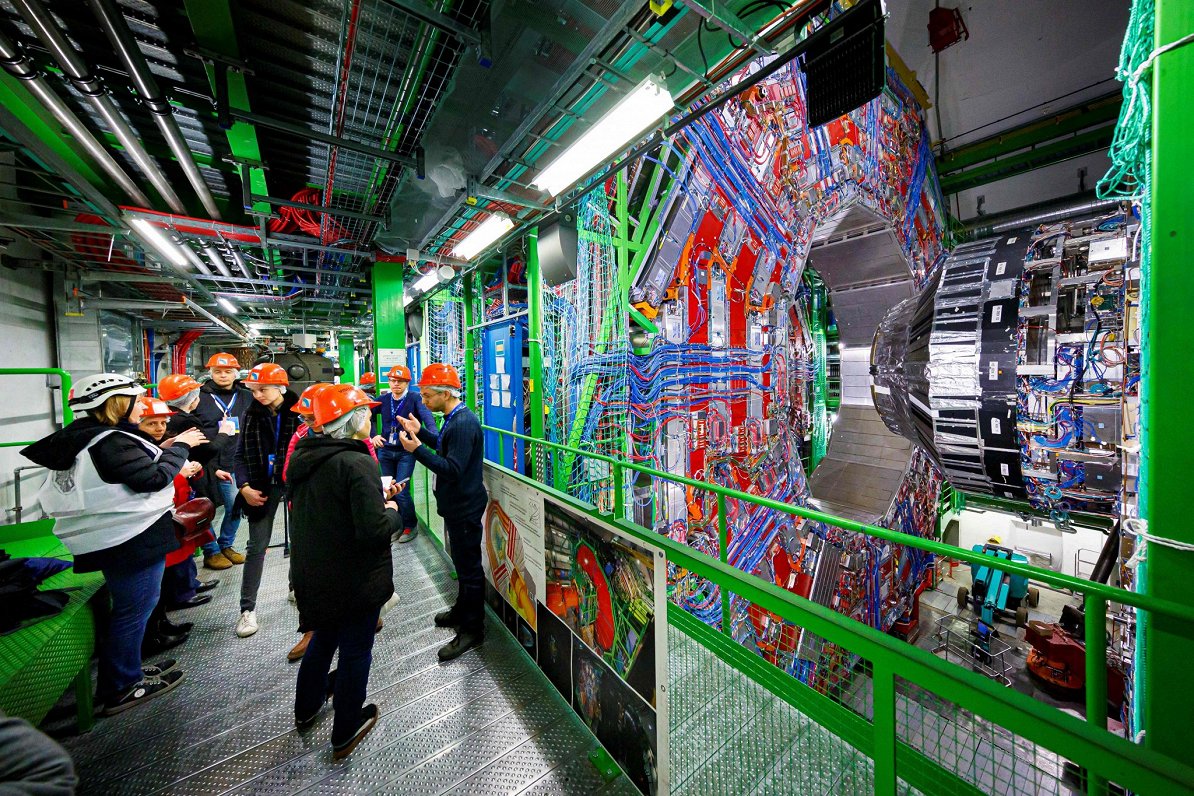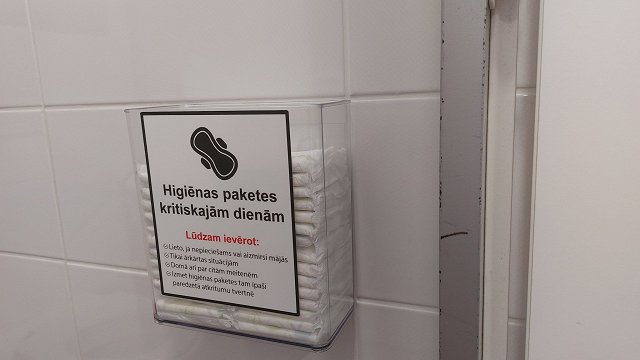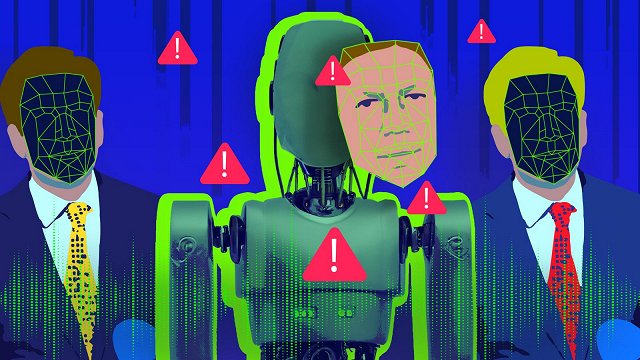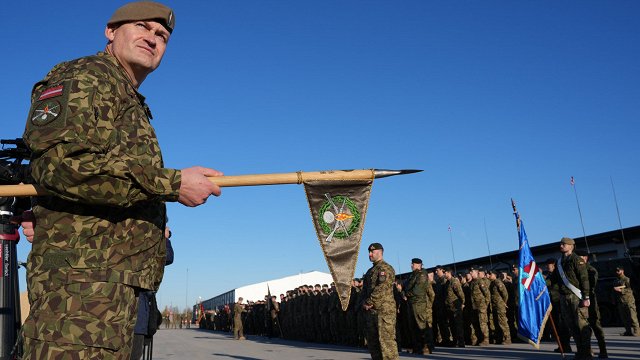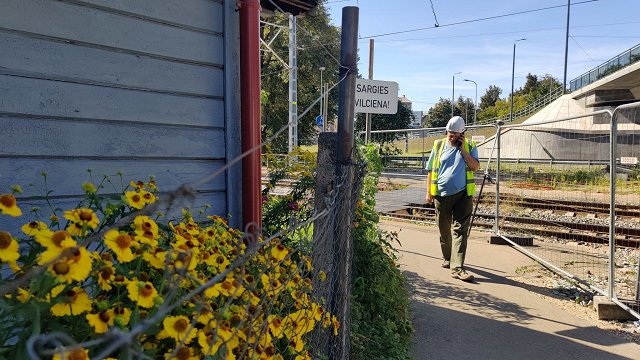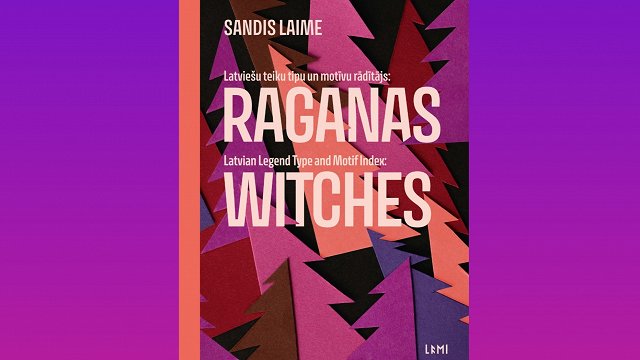Internationally renowned professors and scientists will lecture and lead discussions on particle physics and accelerator technology for students from all over the world.
The CERN Baltic School is aimed at Masters and PhD students, offering lectures on the basic aspects of high-energy physics theory, with a focus on current CERN research. Lectures will cover particle detector and accelerator technologies, experimental methods and high-precision physics measurements obtained using the Large Hadron Collider, which helps scientists to record new physics phenomena.
The CERN School will feature talks by top scientists Mark Thomson from the University of Cambridge, John Ellis from King’s College London and CERN, Timothy Cohen from the École Polytechnique Fédérale de Lausanne (EPFL), the University of Oregon and CERN, Klaus Desch from the University of Bonn, Ramon Winterhalder from the University of Leuven, Leonid Rivkin from EPFL and the Paul Scherrer Institute, and Maurizio Vretenar and Jacqueline Keintzel from CERN.
For a wider audience – Kuldiga residents and guests – Latvian scientist Kārlis Dreimanis, Director of the Institute of Particle Physics and Accelerator Technology, Faculty of Science and Technology, Riga Technical University (RTU), and particle physicist working at CERN, invites everyone to a lecture titled: Particle Physics? Elementary!.
The lecture will take place on 8 August at 19.00 in the concert hall Kļaviņš Piano, 16 Kalķu Street, and will explain how the Universe came into being, what are the laws of physics that determine its structure, and why the Universe still exists. After the lecture, visitors will be able to ask questions, which will be answered by both Dreimanis and Professor of Theoretical Physics Ilaria Brivio from the University of Bologna.
For 70 years, scientists at CERN have been searching for answers to questions about the Universe by studying the properties of the smallest parts of the Universe – elementary particles. They are assisted by a highly sophisticated scientific machine – the 27-kilometre-long Large Hadron Collider – which sends beams of protons into each other at enormous speeds, creating collisions of these particles, simulating the Big Bang at very high energies, and measuring the processes scientists study in the Universe.
Latvian particle physicists and engineers have been involved in this scientific work for several years, since Latvia became a full Associate Member of CERN on 2 August 2021. This opens up a wide range of opportunities for Latvian scientists to work in one of the world’s most powerful science centres, and for PhD students to work on their theses at CERN.
Dreimanis leads a team of Latvian scientists working on one of CERN’s most important experiments – CMS (The Compact Muon Solenoid), which aims to discover new physics phenomena. He also leads the National Research Programme project High Energy Particle Physics Research at the CMS Experiment and Development of Advanced Accelerator Technologies in Cooperation with CERN, which supports the development of particle physics research in Latvia.
This is the fourth year of the CERN Baltic School. As it is organised by the CERN Baltic Group, the schools are held in a different Baltic country each year.
